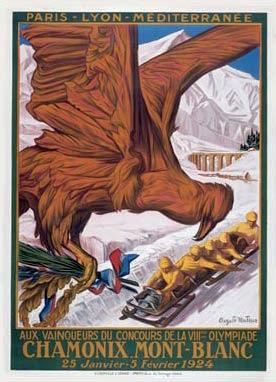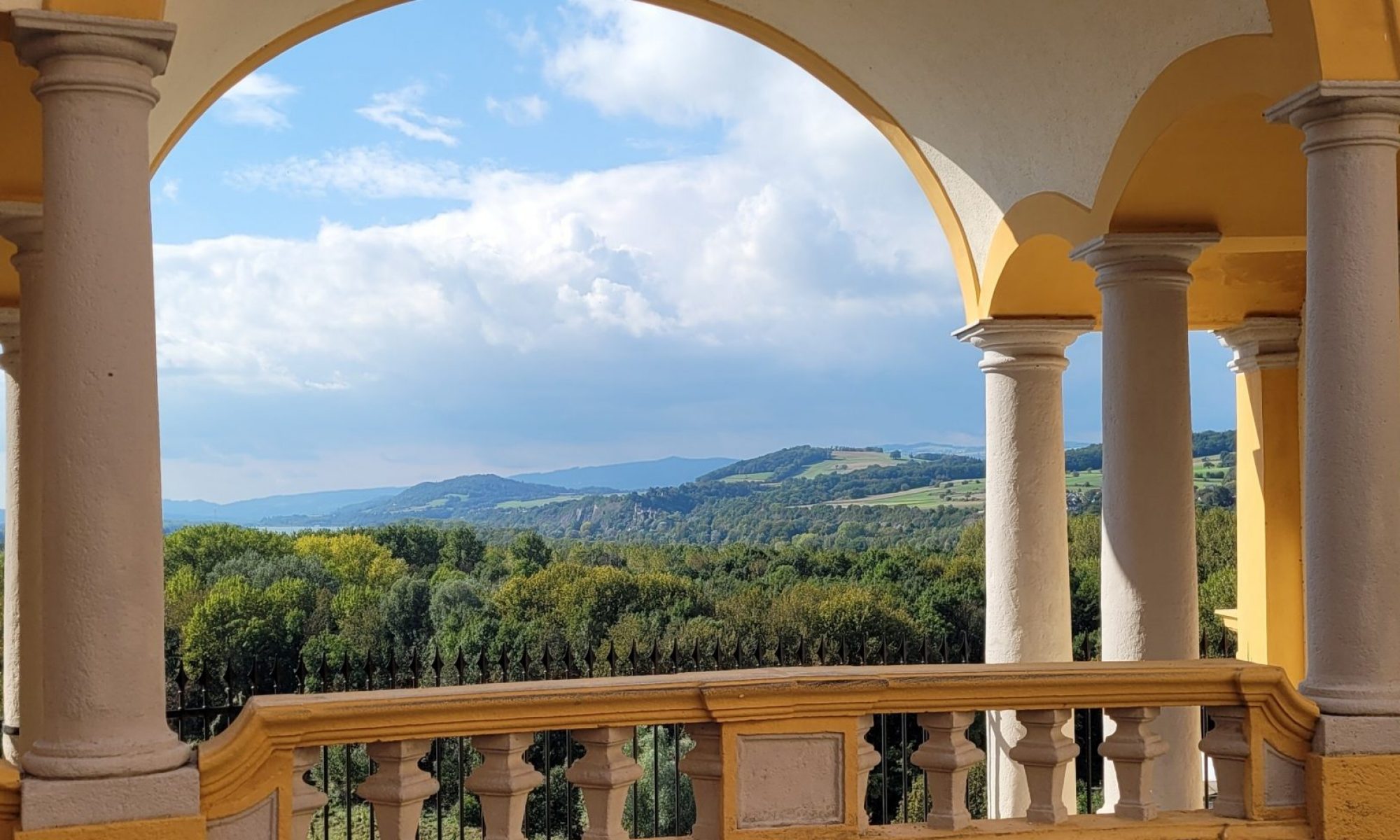
The XXIV Winter Games start today, or rather, by now, they have already started. In the midst of a pandemic, with political squabbles overshadowing the host and their rivals, it might be called the Subdued Olympics. But this is an international competition invented by the subdued, invented by the Swedes and Norwegians. After all, Aloof is Swedish for “downhill.” It was only later co-opted by the IOC, the Alpine chalets, the X Games, and every stir-crazy athlete who suggested a new game just to get outside when it was five degrees. (I was kidding. Aloof is Dutch for windward, but I don’t think Hans Brinker was all that chatty either.)
So, as we prepare to cuddle up next to our screens and our apps, to see how the stones are pebbling and the skis are schussing, to watch the Salchows and the Double McTwist 1260s, it’s the perfect time to pause and consider how the games got here.
Victor vs the IOC
The engine behind the idea of a winter games was Victor Balck, a Swedish sports enthusiast who was an original member of the International Olympic Committee (IOC). Balck also spearheaded the original International Skating Union (ISU) and brought the summer Olympics to Stockholm in 1912. But his biggest legacy is probably the first rival to the Olympics, the Nordic Games of 1901. At the time, the summer event was still finding its way, having had one successful turn in Athens (1896) and an unsuccessful staging in Paris (1900).




